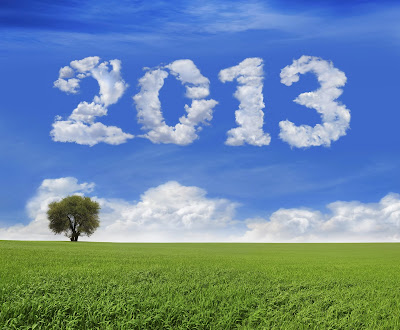
It was a bit dizzying at times, wasn’t it?
Surprising, uncertain, joyful—however you describe the last twelve months in the life of the one, holy, catholic, and apostolic Church, 2013 was one for the books.
Much that happened included or impacted ecclesial activity in the eco-sector—so much so that a few items below are groupings of events that in their own right deserve more attention. But by any counting, we find a clear trend throughout 2013—an escalating momentum and a strong continuity of ecology’s presence within the Church’s internal teachings and her activity in the world.
As I am not a full-time blogger, I’m sure I missed some stories. And so I’m interested in what you would add (or subtract) to this list of 2013’s major eco-events. Feel free to put those in the comments.
But for now, here’s my top ten:
10. Scholars examine, publish on Benedict XVI’s eco-statements

This first item provides appropriate continuity with 2012, when the United States Conference of Catholic...